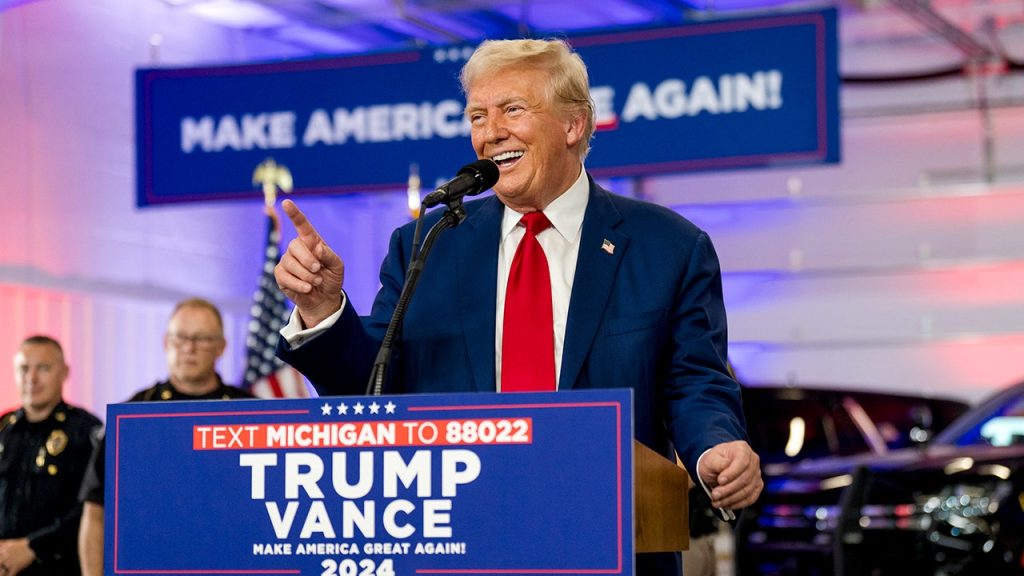In the year 2024, the political landscape in the United States saw unprecedented events that shook Washington, D.C. to its core. The year began with President Biden facing increased scrutiny over his mental acuity, leading to concerns about his ability to run for re-election. Special counsel Robert Hur’s investigation into Biden’s alleged mishandling of classified documents further fueled speculation about the president’s fitness for office. This scrutiny reached a fever pitch after a disastrous debate performance against Donald Trump, with calls for Biden to step down in favor of a younger candidate.
In a shocking turn of events, Biden announced his decision to drop out of the race, leaving the Democratic Party scrambling to find a new nominee with only 100 days left before the election. Vice President Kamala Harris was “installed” as the Democratic presidential nominee, sparking controversy and accusations of the nomination process being undemocratic. Despite not running in the primaries, Harris garnered support from high-profile Democrats, while critics, including Black Lives Matter, condemned the decision to bypass a public voting process.
The political turmoil of 2024 also saw two assassination attempts on former President Trump, one in July and another in September. The events shocked voters and heightened tensions in an already contentious election cycle. The attempted attacks underscored the risks faced by public figures and the escalating rhetoric in the political landscape. Trump narrowly escaped both attempts, further solidifying his status as a polarizing figure in American politics.
Despite facing legal challenges and criminal charges, including a trial in the New York v. Trump case, Trump mounted a successful re-election campaign against Kamala Harris. His victory was declared on election night after securing key battleground states, ultimately winning both the electoral college and the popular vote. Trump’s win marked a significant political comeback, defying expectations and solidifying his legacy as the 47th president of the United States.
On college campuses across the country, anti-Israel protests erupted, with students and agitators demanding divestment from Israel and engaging in acts of antisemitism. The protests intensified after the outbreak of a war in Israel, leading to heightened tensions and concerns for Jewish students’ safety. Colleges like Columbia University and UCLA saw demonstrations and occupations by activists, prompting calls for administrators to address the rising antisemitism on campus.
The college protests and war in Israel became a central issue in the presidential race, with Republicans condemning antisemitism and advocating for peace on college campuses. College administrators faced scrutiny from lawmakers over their handling of antisemitic incidents, while Trump warned of potential consequences for schools that allowed such behavior to persist. The events of 2024 highlighted the complexities and challenges of modern politics, underscoring the importance of addressing issues of intolerance and violence in society.













